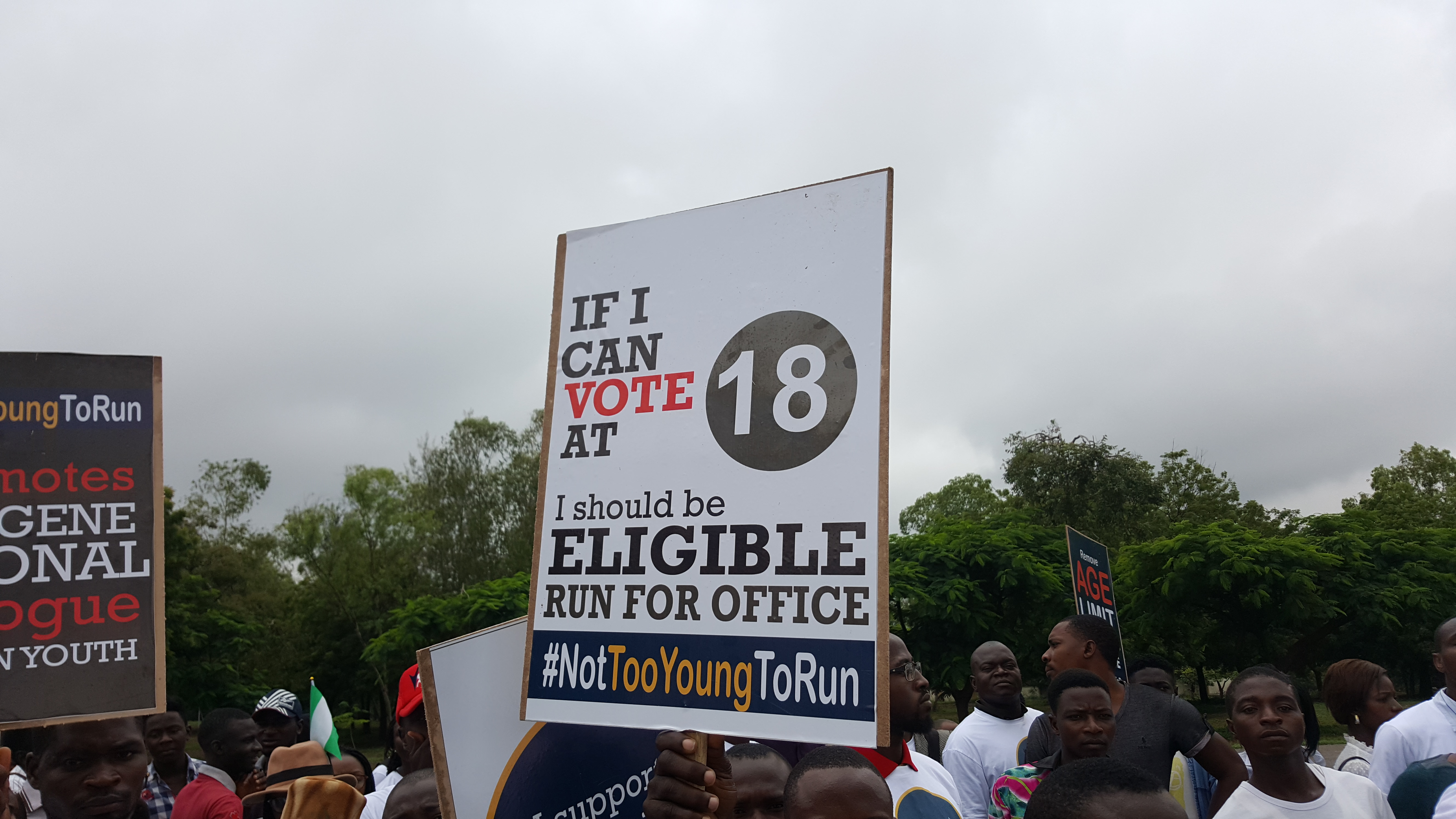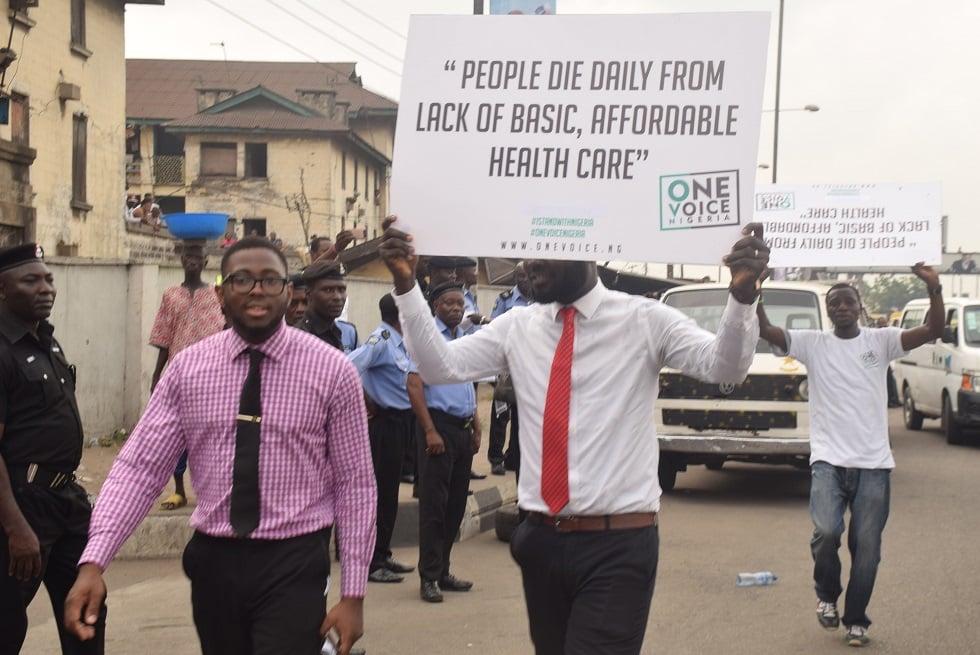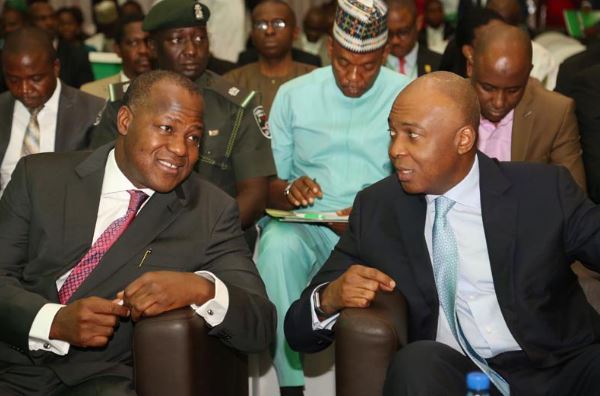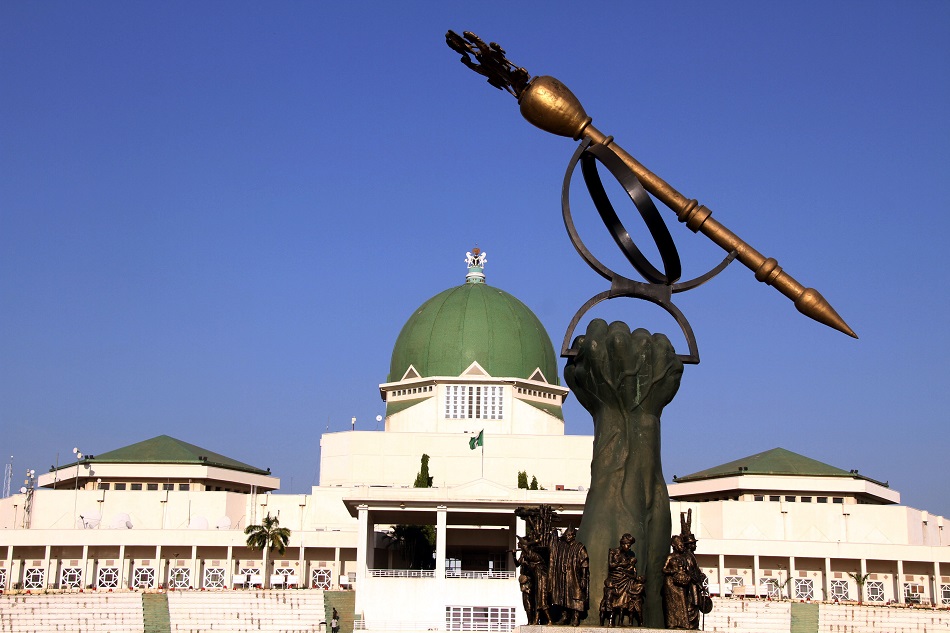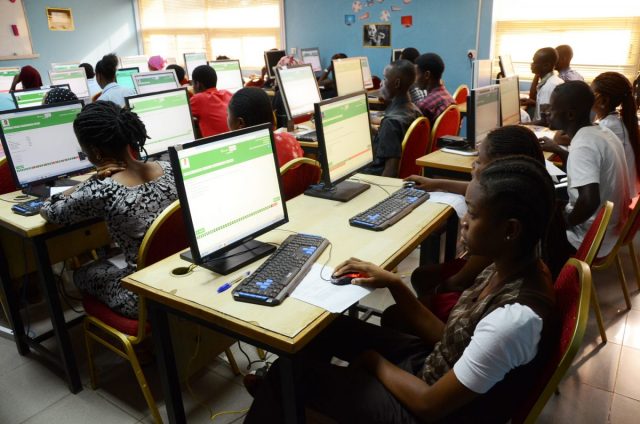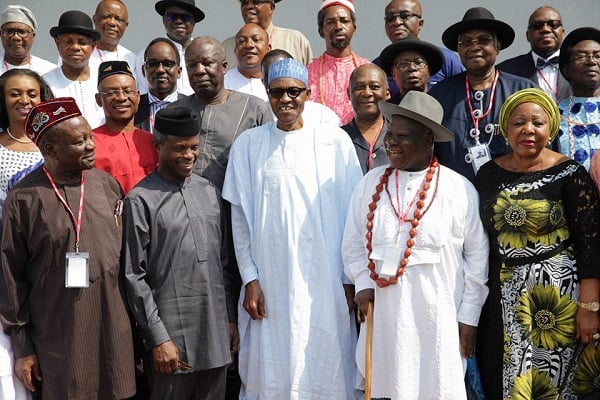Already, the two federal legislative arms of the Nigerian government, the senate and house of representatives, are waxing lyrical on their “achievement and demonstration of support” for the Nigerian youths going by their passing the “Not too young to run” sometime last week. Similarly, most Nigerian youths are excited and grateful to the national assembly (NASS) for ‘a job well done’.
Of course, what the NASS has done is expected to elicit feedbacks from the major beneficiaries of the bill – the youths. And that is why many of these youngsters have been all over social media and other communication channels to raise the glass for the NASS over the bill.
The bill is seeking reduction of the age limit at which Nigerians can contest for President from 40, as it is presently, to 35; to cut the age limit for governors and senators from 35 to 30 and lower the age limit for election into the House of Representatives or a state assembly from 30 to 25.
But in line with constitutional provisions, that exercise by the NASS is just the first step, albeit significant, into making the bill into a law. To become law, the bill must get the approval of at least 24 state houses of assembly and that of the president.
Advertisement
Nonetheless, I reckon that with Nigerian youths, possessing the kind of vigour and advocacy that employed to get the NASS to pass the bill, convincing the 24 state houses of assembly and the president wouldn’t be impossible. It may only take a while.
Meanwhile, it is necessary to state here that beyond the call for the age reduction bill, there are several actions that age doesn’t determine and doesn’t even require legal backing that the youths should take to show readiness for taking political leadership in the country.
I am aware that there have been arguments and counter-arguments at several strategic fora, before now, on the inactivity of youths in politics where the blame has always gone back to the youths. Of course, you would wonder why.
Advertisement
Sometimes ago I was at the Muson Centre for an annual colloquium organised to mark the birthday of a foremost Nigerian politician, Asiwaju Bola Tinubu. At the event, a slot was created for a discussion on issues around Nigerian youths. A young man, whose last name is Oyeneyin, delivered a speech.
While rounding up his well-articulated presentation, the young man carefully advised the celebrant, Tinubu, and other political heavyweights in attendance to make politics “more sexy” (his words) to accommodate more youths in political activities.
In response, Tinubu called his wife on stage and addressed the crowd jocularly that if politics wasn’t sexy a pretty woman like his woman (a senator) wouldn’t be there; and added that youths are allowed to come in. Everyone burst into laughter.
But a highly placed attendee, a former governor of Central Bank, Sanusi Lamido Sanusi (now emir of Kano) said in his words to the young speaker that the youths needed to better organise themselves for political leadership.
Advertisement
Interestingly, within the same hall I heard some youngsters, who were obviously of same age bracket as the young speaker, saying that Oyeneyin was clearly equating “Social Media youth political activities” with the “real politics on ground”. They added that youths like Oyeneyin were totally disconnected with the reality on physical political field and exactly what Baba (referring to Tinubu) and Sanusi have told him in parables.
Parable or not, the word “better organise” themselves mean that the youths, if truly desirous of occupying political positions, should move from mere cyber tantrums and agitations to serious organisation and engagement on the political field.
At present the age limit for anyone seeking councillorship position, the lowest elective office in the country, is 25. You now wonder why people of 40 and above filled many councillorship posts in the just concluded local government election in Lagos.
Frankly, it’s because many of these youths are fritting away time for proper organisation on Facebook and Twitter, while the powerful elders keep filling political positions with their less powerful but older local supporters.
Advertisement
Some may even argue that the youths don’t have the kind of money to win elections forgetting that, for instance, councillorship positions don’t require such money. I can pick some active youths on social media who can sponsor elections of the kind of effective councilors needed at the grassroots level. That’s a feasible angle to the rise of youth political leadership. But first, these youths truly need to be better organised.
Advertisement
Views expressed by contributors are strictly personal and not of TheCable.
Add a comment

